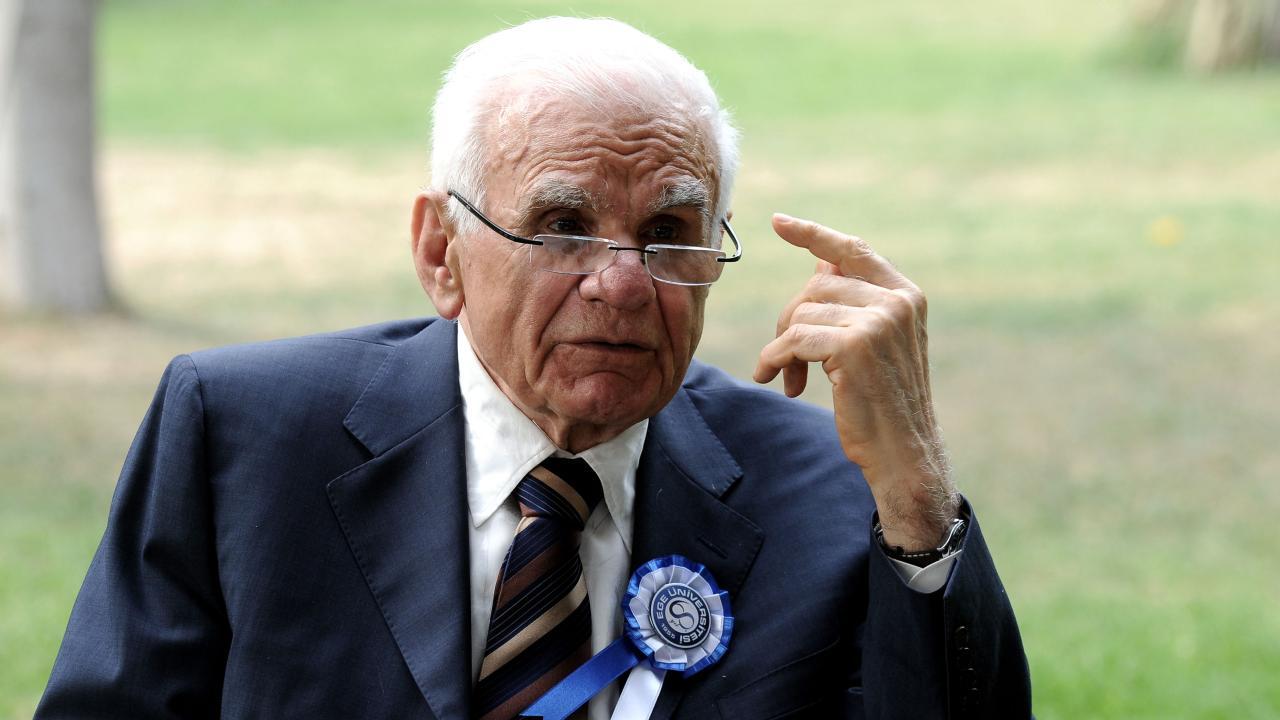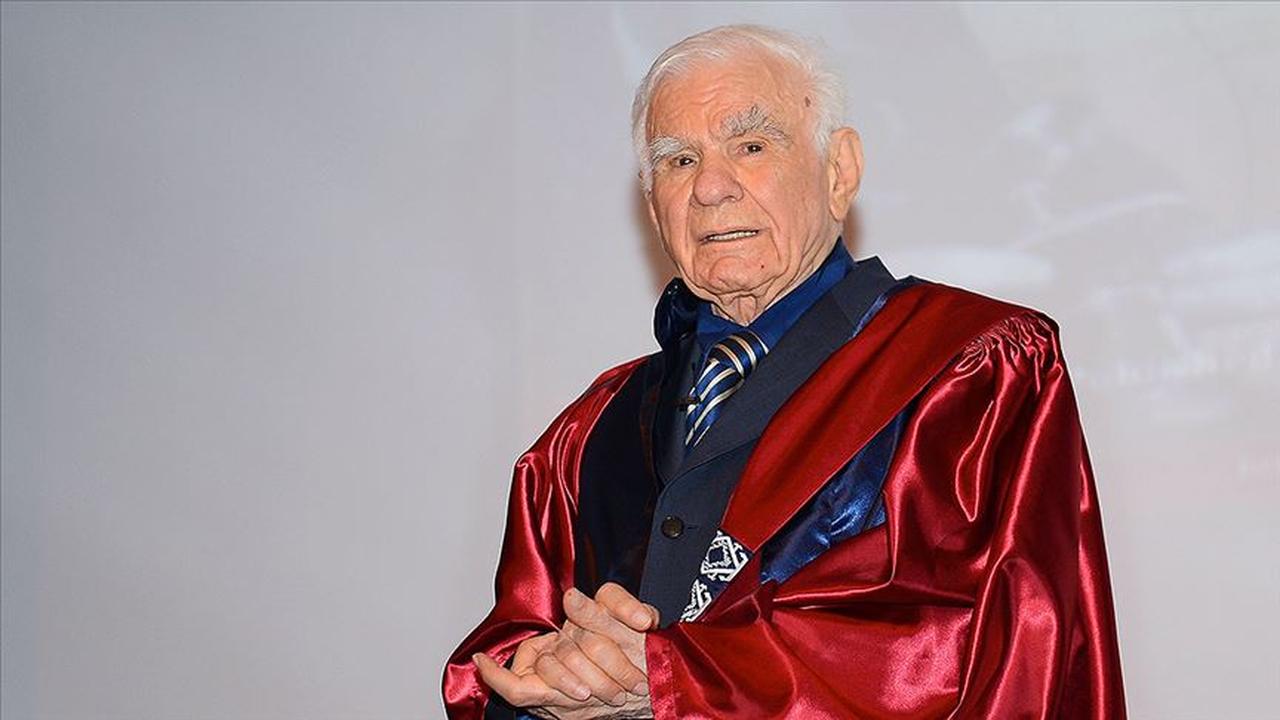
Gazi Yasargil, who was dubbed the "Neurosurgeon of the Century (1950–2000)" by the journal Neurosurgery in 1999, has died at the age of 99, the Turkish Health Ministry announced Wednesday.
In his post on X, Türkiye’s Health Minister Kemal Memisoglu said he was deeply saddened to learn of Yasargil’s passing, stating, “Throughout his life, which spanned nearly a century, he devoted himself to science and accomplished countless achievements that continue to inspire us all. We will do everything we can to honor his legacy.”
Born in 1925 in Diyabakir, Türkiye, Yasargil became one of the most influential figures in the history of neurosurgery. He is widely credited with pioneering microneurosurgery, a technique that transformed the field by enabling surgeons to operate on delicate brain structures with unprecedented precision. His innovations, including the development of the surgical microscope and microsurgical instruments, have become standard practice in neurosurgical procedures worldwide.

Yasargil made lasting contributions to the field of neurosurgery with several groundbreaking innovations that are still in use today.
He designed and introduced the aneurysm clips used in intracranial aneurysm surgeries to clamp ballooned blood vessels—a tool now known globally as the “Yasargil clip,” recognized for its unique features and reliability.
To gently retract brain tissue and provide access to the surgical site during brain operations, he developed and implemented the “Leyla retractor,” which remains an essential instrument in neurosurgical procedures. The device is named after Yasargil’s daughter.
He also introduced the “floating microscope” system, a movable setup designed to offer a wider and more flexible field of view during microsurgical operations, enhancing precision and visualization for surgeons.